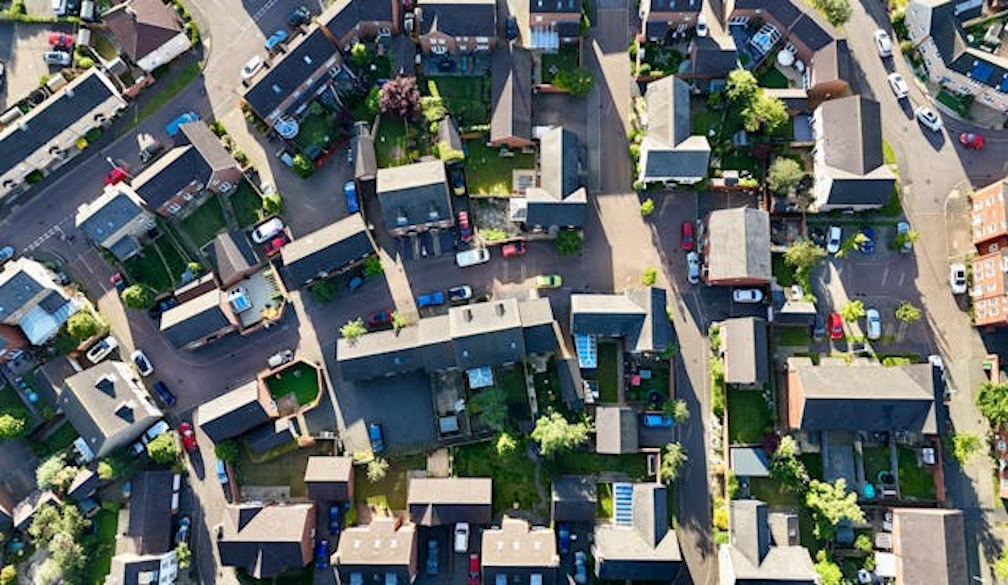How Location Affects Property Sale Prices

A home's value is heavily tied to its location, and this extends far beyond just the street name. The neighbourhood, the town, and even the city it's in can make the price go way up or way down.
Think about it like this: you can change almost everything about a house. You can repaint the walls, remodel the kitchen, or add a new roof. But you can never pick up the house and move it to a different neighbourhood. That's why location is often the single most important thing that sets a property's price. Let's break down some of the key parts of location and how they affect what a home is worth.
The Neighbourhood Itself
A home is part of a bigger picture—its neighbourhood. What makes a neighbourhood desirable? A lot of things. A neighbourhood with well-kept streets, green lawns, and a general sense of pride will often have higher home prices. On the flip side, an area with a lot of rundown properties and litter might have lower values.
Beyond just how it looks, the feel of a neighbourhood matters a lot. People are often willing to pay more to live in a place they feel safe. This is why areas with lower crime rates and a strong sense of community tend to be more expensive. A quiet street, friendly neighbours, and well-lit sidewalks all add up to a feeling of security that buyers are willing to pay for.
What's Nearby?
The things a home is close to are a huge deal. This includes everything from the practical necessities to the fun stuff.
- Schools: For families, the quality of local schools can be the number one factor in choosing a home. A house in a top-rated school district will almost always be more valuable than a similar house in a lower-rated district. This is true even if the buyer doesn't have kids, because they know it's a great selling point down the road.
- Shops and Services: Is the home within a short drive or walk to grocery stores, doctors' offices, and other daily needs? The convenience of having these things close by makes a neighbourhood much more appealing.
- Recreation and Fun: People want to live where they can play. Being close to parks, hiking trails, a lake, or even a nice downtown area with restaurants and shops can seriously boost a home's value. These amenities improve the quality of life, and buyers will pay a premium for that.
How Easy Is It to Get Around?
Commuting is a big part of most people's lives, so how a location connects to the rest of the world is a major factor.
- Public Transit: A home near a train station, bus stop, or subway line can be much more valuable, especially in big cities. It makes it easier for people to get to work or go out without a car.
- Major Roads: Easy access to highways and major roads can be a good thing, as it makes commuting by car simpler. However, a home that is right on a very busy, noisy road can sometimes be worth less than one on a quieter street in the same neighbourhood. This shows how even within one location, a specific spot can have a big impact.
To truly understand how these local factors affect a property's value, it's wise to speak with local experts. For example, professionals like real estate agents in Mildura have the most up-to-date knowledge of specific street values and neighbourhood trends in North West Victoria.
Bigger Picture: The City and Market
A home's price is also linked to the bigger picture: the health of the entire city or town. A place with a strong job market and a growing economy will bring in more people looking for a place to live. When more people want to buy houses, prices naturally go up.
Conversely, if a city is losing jobs and people start moving away, there is less demand for housing. This often causes home prices to drop. Even small things, like a new company moving to town or a new community centre being built, can positively affect property values. It's a reminder that a home's value isn't just about the house itself, but about its entire surroundings.
Ultimately, a home is more than just a building; it's a part of its community. The value of a property is a direct reflection of its surroundings, from the quality of the neighbourhood to the strength of the local job market. That's why the old saying holds: location is everything when it comes to a home's price.





